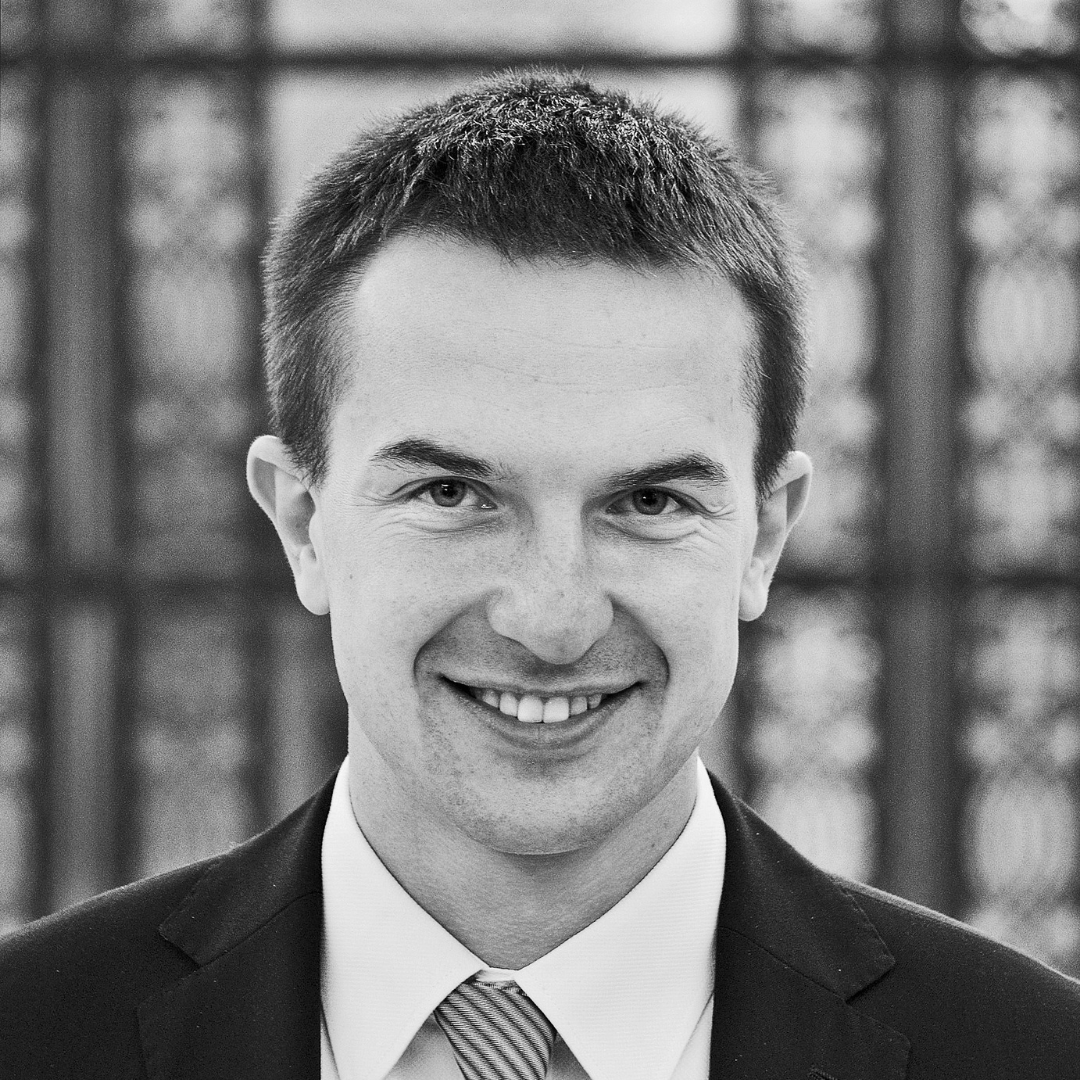WAR IN EUROPE
Ukraine belongs in the EU
Following Putin‘s attack, the European Union is seen with NATO as the guarantor of peace and security. That doesn’t just apply to Ukraine, but also to Georgia and Moldova.
TEXT: ADAM SZŁAPKA
WAR IN EUROPE
Ukraine belongs in the EU
Following Putin‘s attack, the European Union is seen with NATO as the guarantor of peace and security. That doesn’t just apply to Ukraine, but also to Georgia and Moldova.
TEXT: ADAM SZŁAPKA
Russia’s invasion of Ukraine is an unprecedented event in the still young 21st century. It can only be compared to Hitler‘s aggression during the Second World War. Putin’s attack poses clear challenges to Europe and the world. It also obliges us to look more closely at Polish-Ukrainian relations both from a political and, possibly more important still, from a social perspective. Over the centuries, both countries have entered into conflict with each other to varying degrees and, in doing so, have often entered into alliances with Russia, their bigger and more dangerous neighbour. That makes it all the more remarkable to see how Polish-Ukrainian relations have changed, particularly over the past 30 years. Many Poles, including me, took part in the “Orange Revolution“ in 2004 and the Maidan protests in 2013/14, the biggest social movement in Ukraine since the country gained independence in 1991.
In 2013, the Ukrainians protested for the second time in a decade against the same person – President Viktor Yanukovych. The revolution was against the refusal of his government to sign the planned association agreement with the European Union. Yanukovych was driven out and a grass- roots pro-democracy movement altered the balance of power in the country. Now Yanukovych is seen as nothing more than a puppet whom Putin may again place at the head of a conquered and war-ravaged country.
Will the European, democratic civilisation of the West win – or Putin's predatory authoritarianism?
Strategic partnership
Ukraine had been a strategic partner to Poland in international cooperation and security since the democratisation in mid and eastern Europe of 1989–1991. Ties were developed and not only at the intergovernmental level. The joint hosting of the UEFA European football championship in 2012 was a good example of the lasting rapprochement between Poland and Ukraine – a shared success that proved “together” is the keyword in relations between the two nations. Moreover, Ukrainian workers keep the Polish labour market running smoothly. An estimated almost two million people from Ukraine have made Poland their home in recent years. On the international stage, however, Ukraine seemed to have missed its chance to join the European Union because of its permanent position in Russia's “orbit” and its major political instability, unlike, for example, the Baltic states of Lithuania, Latvia and Estonia. The consequences of this negligence can be clearly seen today.
Russia's war against Ukraine has presented us with a fundamental alternative: will the European, democratic civilisation of the West win – or Putin's predatory authoritarianism? This does not only concern the Ukrainians who are heroically defending themselves today. Russia's brutal behaviour has triggered an avalanche and highlighted the political ambitions of the countries in the region. The latest application for membership of the European Union bears the signature not only of Ukrainian President Volodymyr Zelensky, but also of the governments of Georgia and Moldova. The EU is seen with NATO as a guarantor of peace and security.

Adam Szłapka is a member of the Polish Parliament Sejm and leader of the Modern (Nowoczesna) liberal party.

Adam Szłapka is a member of the Polish Parliament Sejm and leader of the Modern (Nowoczesna) liberal party.
More articles
Constantin Eckner // Urban warfare and heroism via Twitter feed
The armed conflict in Ukraine is also a social media war. The exploits of the local population are broadcast around the world 24/7. The perfect way to counter Putin’s autocratic disinformation.
Karen Horn // “Putin‘s ideology is the sacralisation of war“
The horrific actions of the Russian ruler appear on the news every day. And his comments are bewildering. What on earth is going on in the head of the former KGB spy in the Kremlin? Philosopher Michel Eltchaninoff has researched the origins of the Putin school of thought and the ideology he has formed.
Susanne Spahn // Russian information weapons
The European Union has banned broadcasting by Russian state media. However, disinformation disseminated by RT DE is proving a great success in Germany, as the channel is still online.
